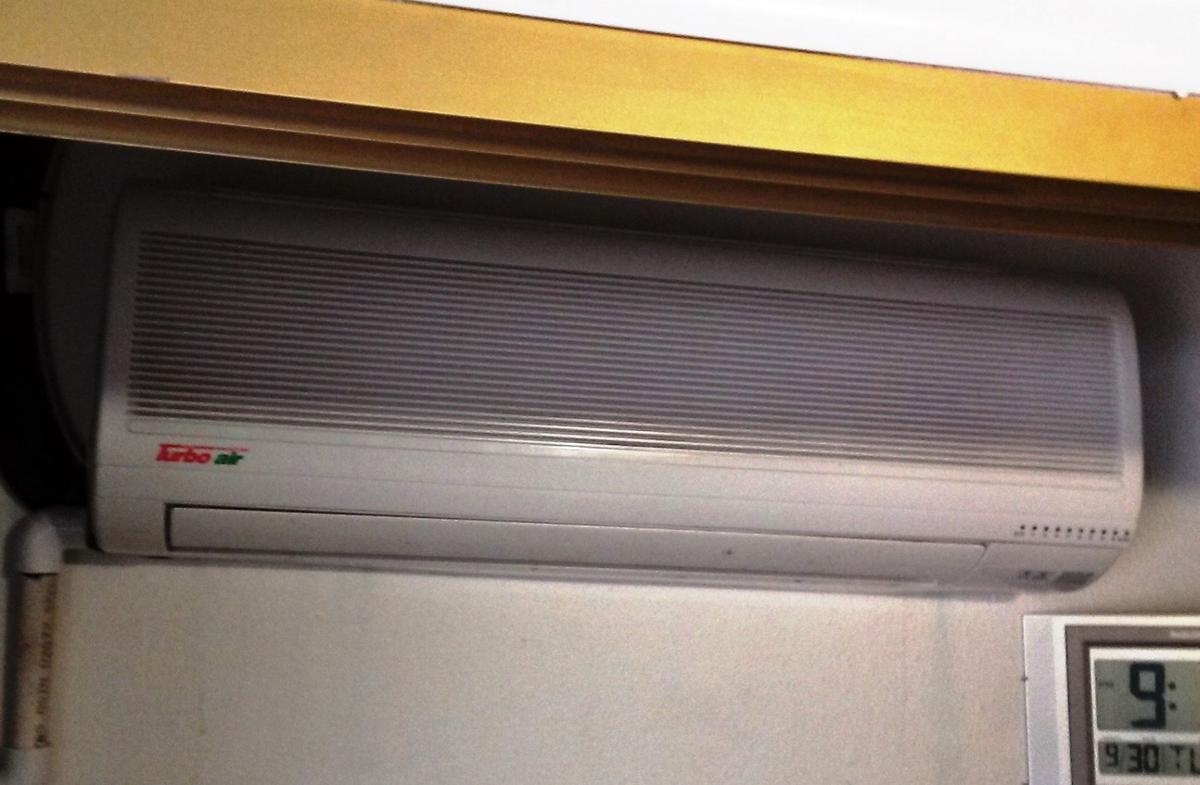Q: Our heat pump went out a couple of months ago; the compressor broke down. It’s going to cost us $5,000 to $6,000 to replace the whole unit. However, we’ve been able to keep our 1,700 square-foot, all-electric house bearable this winter by using an infrared space heater. Its heat, along with heat generated by cooking and showering, seems to be enough to make it comfortable. So I’ve been wondering could we just put a mini-split air-conditioning unit in a couple of rooms to provide cooling, rather than one big heat pump?
A: Mini-splits are a wonderful alternative, and they can be installed room by room without connecting them to your ductwork. But the fact is that putting in three individual mini-splits would cost you much, much more money than replacing your old heat pump. The best way to use a mini-split is to provide extra cooling in a room that isn’t getting much benefit from your standard HVAC system.
Q: I’m doing a bathroom renovation and wondered if I could remove the old fiberglass panels for my present shower and replace the whole thing with a drop-in shower stall? Or should I remove the panels and refinish the walls with tile and grout?
A: If you’re concerned about saving money on your bath remodel, tub and shower liners are an effective and low-cost alternative. A shower liner can actually be dropped in on top of your old shower pan. The finished product will be just as durable as a tile shower.
Q: Can you plant a tree in the soil on top of a septic system?
A: Yes, you can do that provided that you don’t have a really old septic system. Contrary to popular opinion, the roots of trees don’t go straight down into the ground so they’re unlikely to bother a septic system that is two or three feet deep in your yard. The roots tend to grow laterally, but not deeply. They stay close to the soil’s surface in order to get adequate oxygen and water. You also want to make sure that you choose a moderately sized tree and not a really large, tall one.
Q: I just replaced the hot water heater in my house and did the job myself. Now we’re getting hot and cold flashes of water coming out of faucets throughout the house. What did I do wrong?
A: It sounds as if the on-off valve on top of the tank is not working properly. You probably have installed a gate valve instead of an angle ball valve. But you can easily replace that valve after you turn off the water heater.
Q: We have a sunken family room that was built about 4 inches lower than the rest of the house. For various reasons, we’d like to bring it up to the level of the other floors. Can you give us some advice on doing this job?
A: Homeowners often ask me if they can put new floor joists down and build a new wooden floor. That may work, but adding all that wood is very conducive to attracting termites. The right way to do the job is by pouring in high-slump fresh concrete to fill the area to the level of the rest of your flooring. It could be somewhat uncomfortable to do this as your house will feel like a cold sauna for about a week. You’ll have to open all the windows to let the moisture escape while the concrete is curing.





